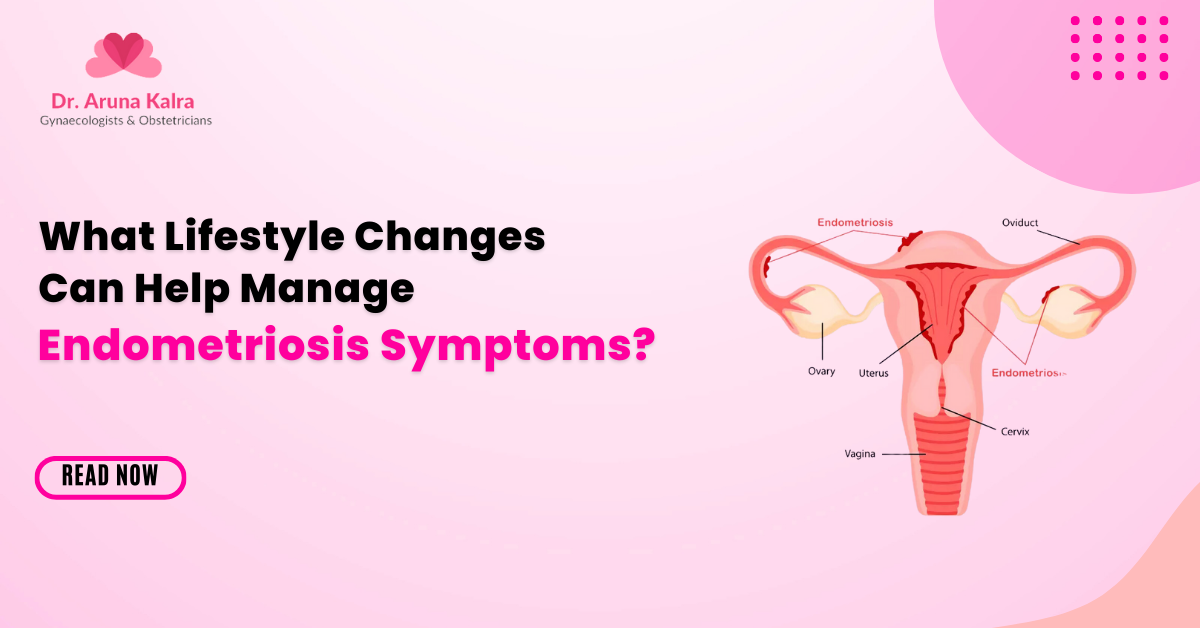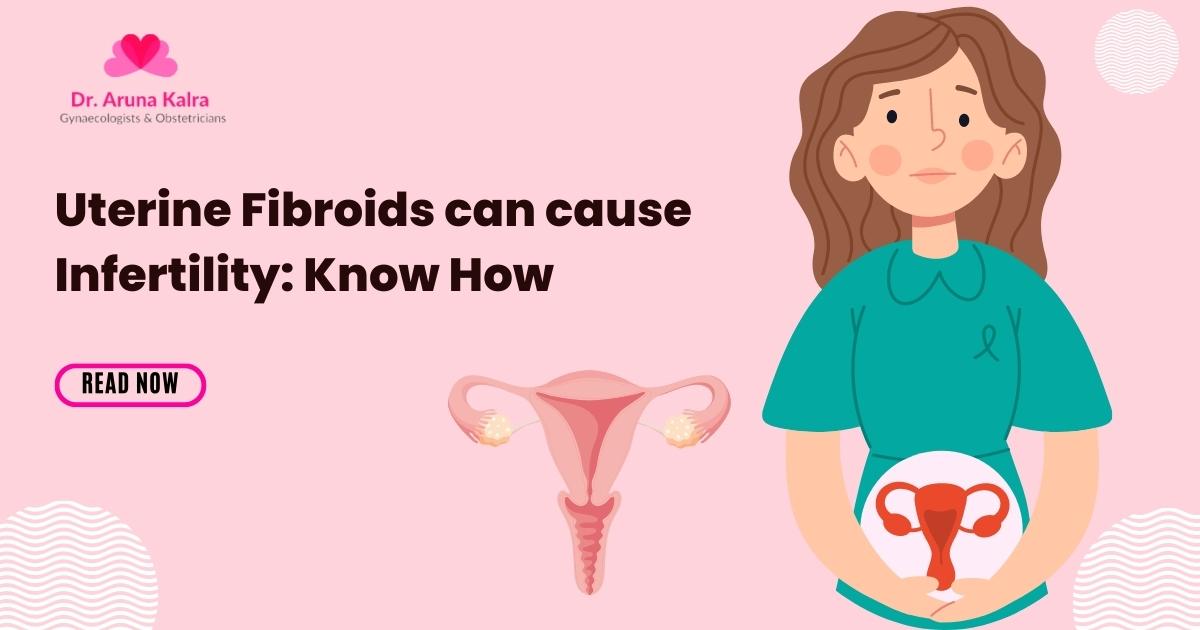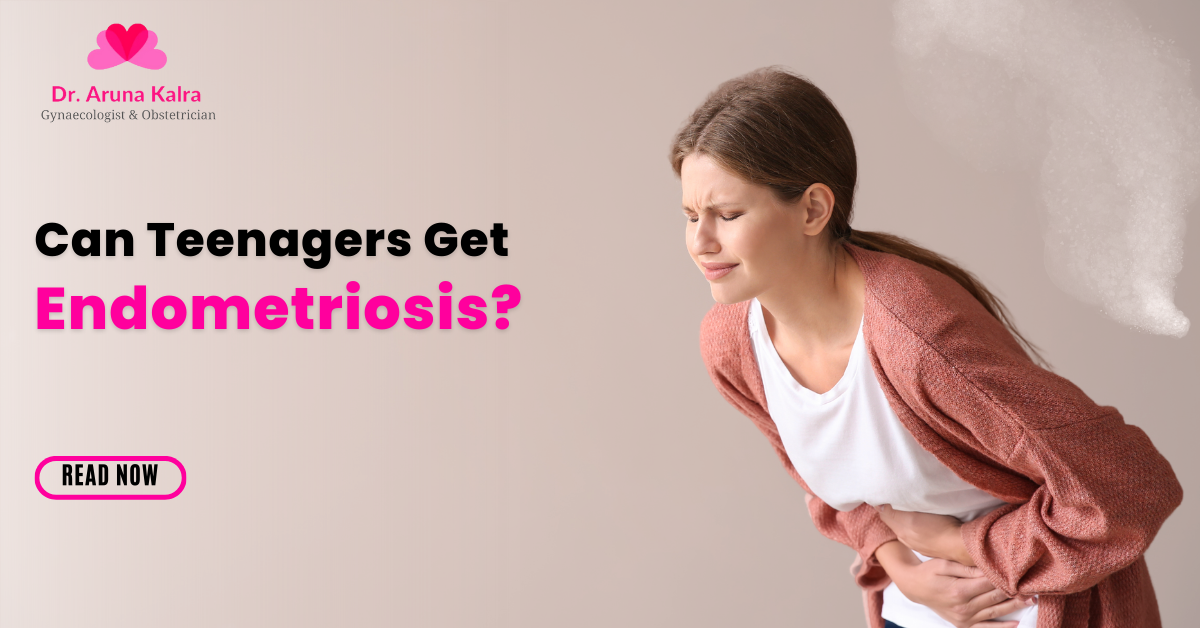
What Lifestyle Changes Can Help Manage Endometriosis Symptoms?
Managing endometriosis often involves a multi-faceted approach, and lifestyle changes can play a significant role in alleviating symptoms and improving overall well-being.
- Balanced Diet:
Adopting a nutritious, well-balanced diet can have a positive impact on endometriosis symptoms. Emphasize fruits, vegetables, whole grains, and lean proteins while minimizing processed foods and excess sugar. Some individuals find relief by reducing their intake of caffeine and alcohol. - Regular Exercise: Engaging in regular physical activity can help manage pain associated with endometriosis. Exercise releases endorphins, which act as natural pain relievers. Activities like walking, swimming, or yoga can be beneficial.
- Stress Management: Chronic stress can exacerbate endometriosis symptoms. Practicing stress-reducing techniques such as meditation, deep breathing, or mindfulness can contribute to symptom relief.
- Adequate Sleep: Prioritize sufficient and quality sleep. Sleep plays a crucial role in overall health and can positively influence pain perception and immune function.
- Hydration: Staying well-hydrated is essential for general health. Proper hydration may also help manage symptoms like bloating and fatigue.
- Alternative Therapies: Some individuals find relief through alternative therapies like acupuncture or chiropractic care. While research on their efficacy for endometriosis is ongoing, these approaches have helped some manage pain and discomfort.
It’s crucial for individuals with endometriosis to consult with healthcare professionals to develop a personalized management plan. Lifestyle changes, when combined with medical interventions, can contribute to a holistic approach in improving the quality of life for those living with endometriosis.


